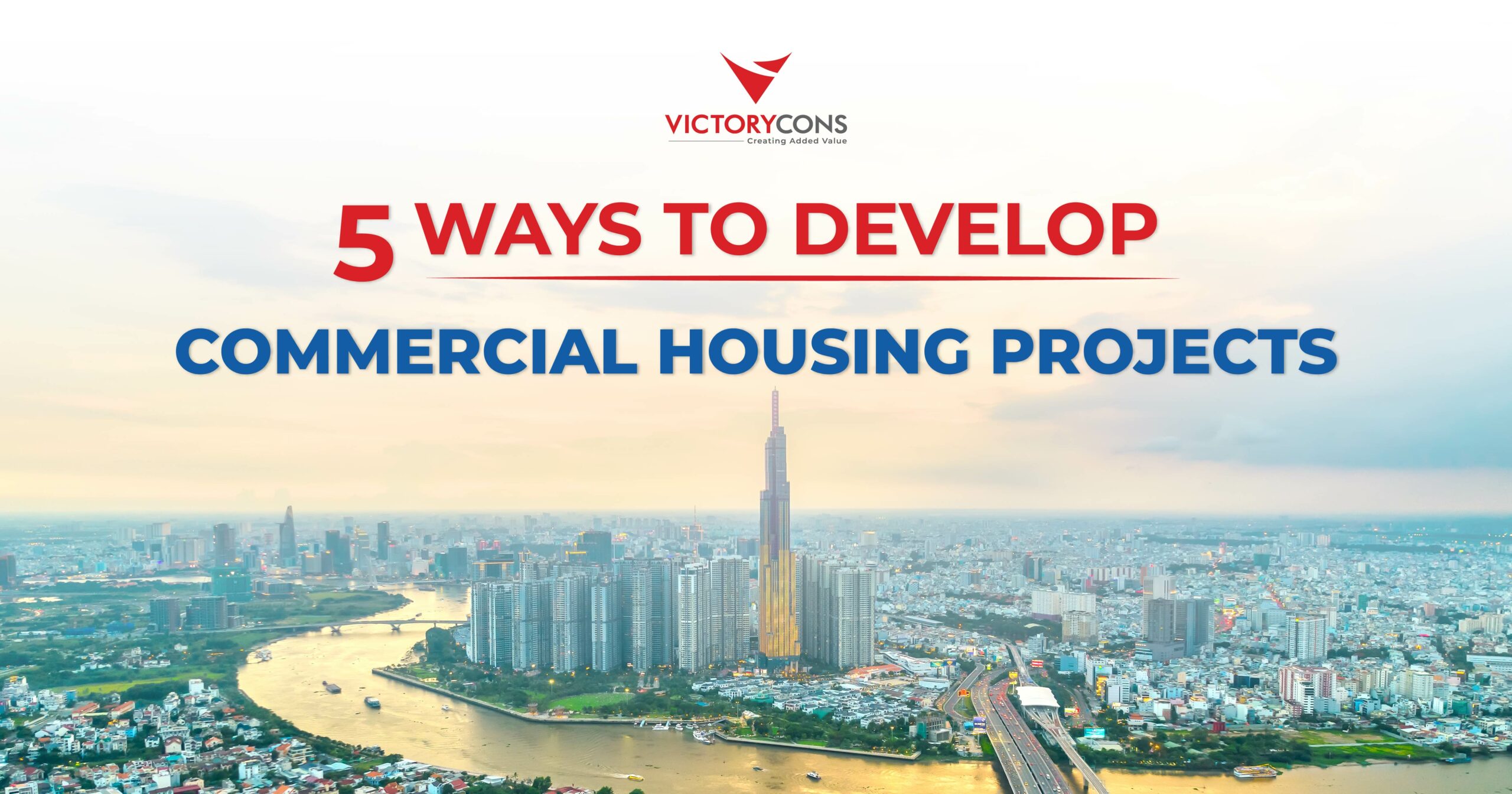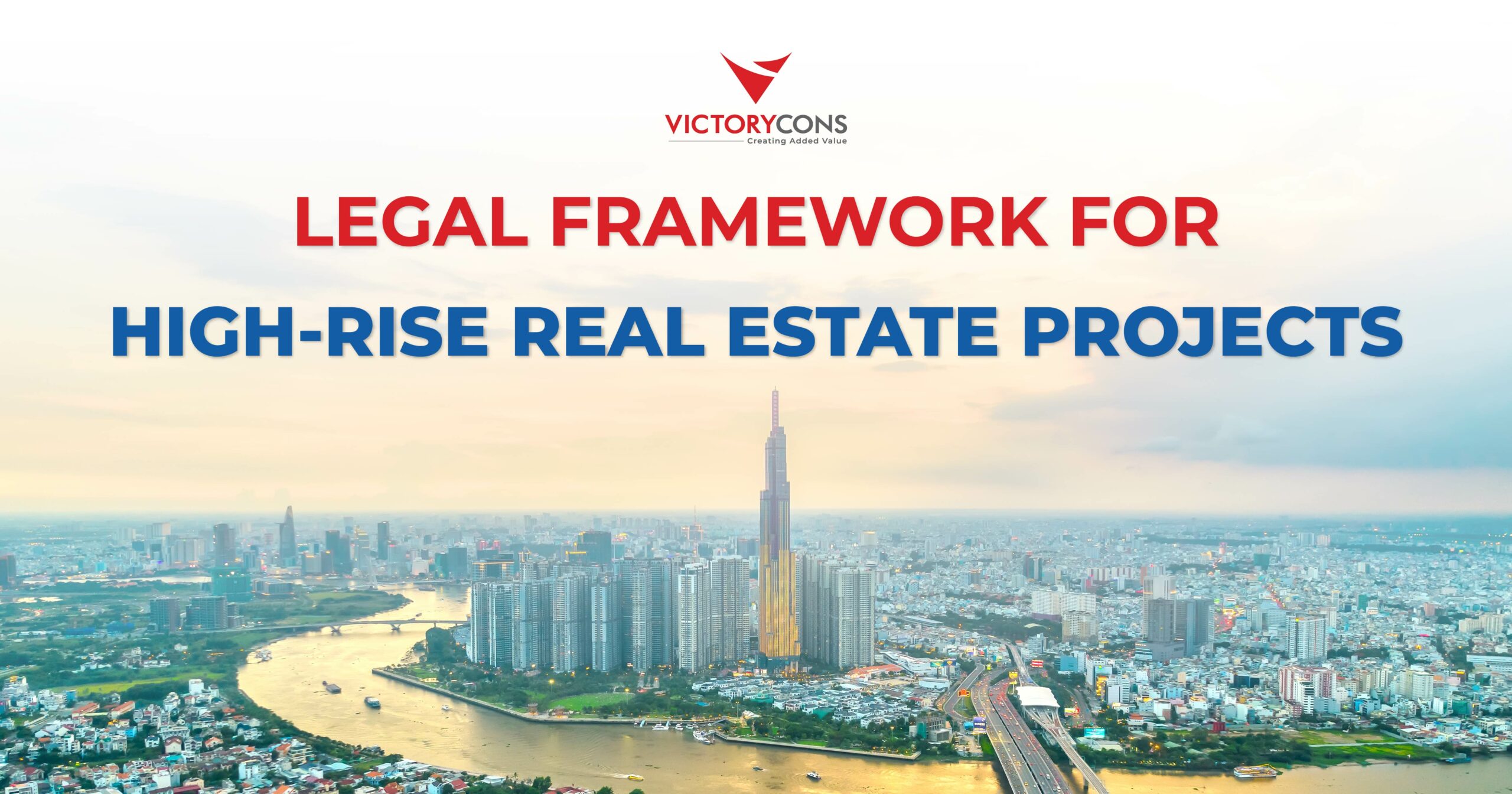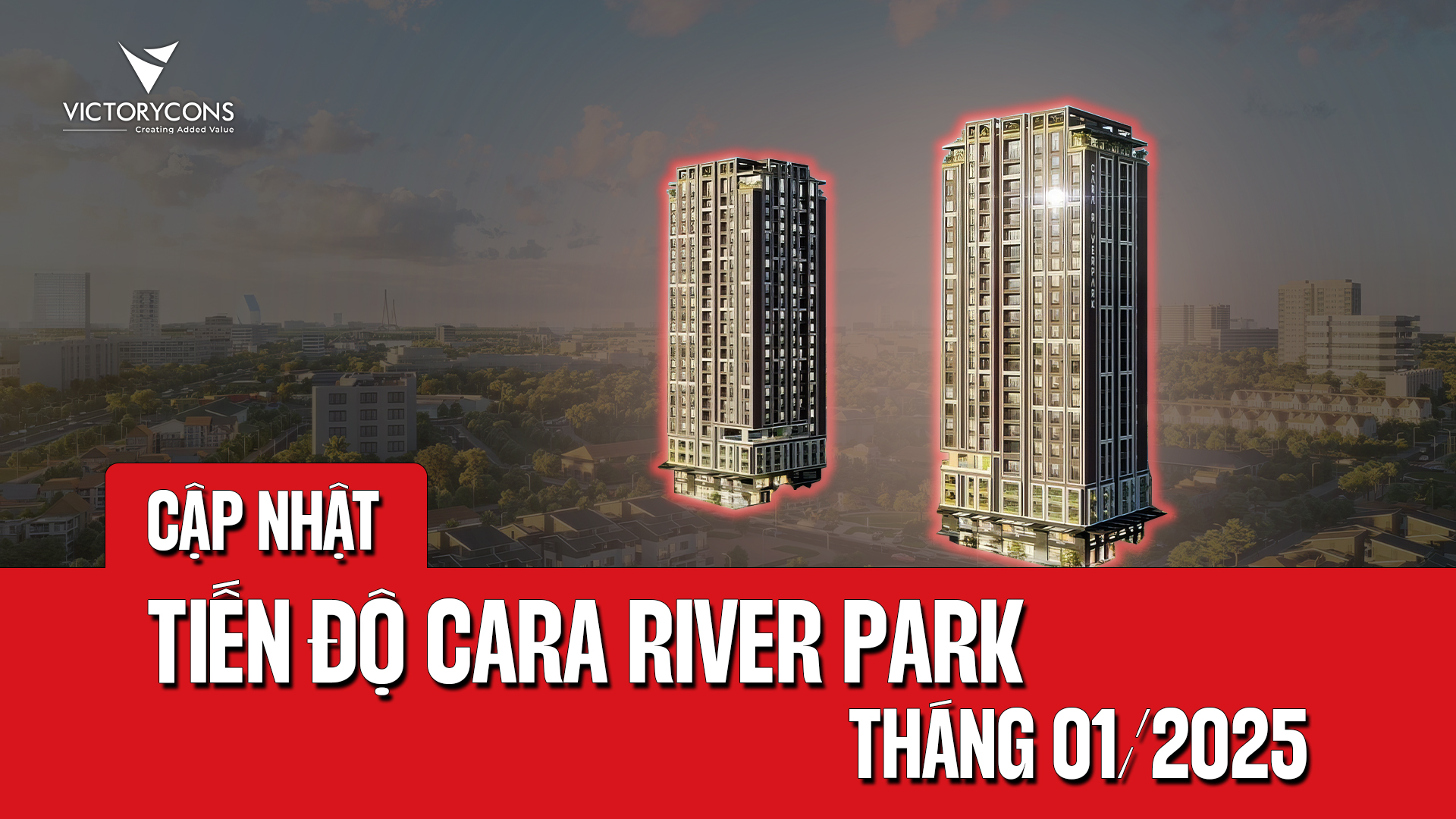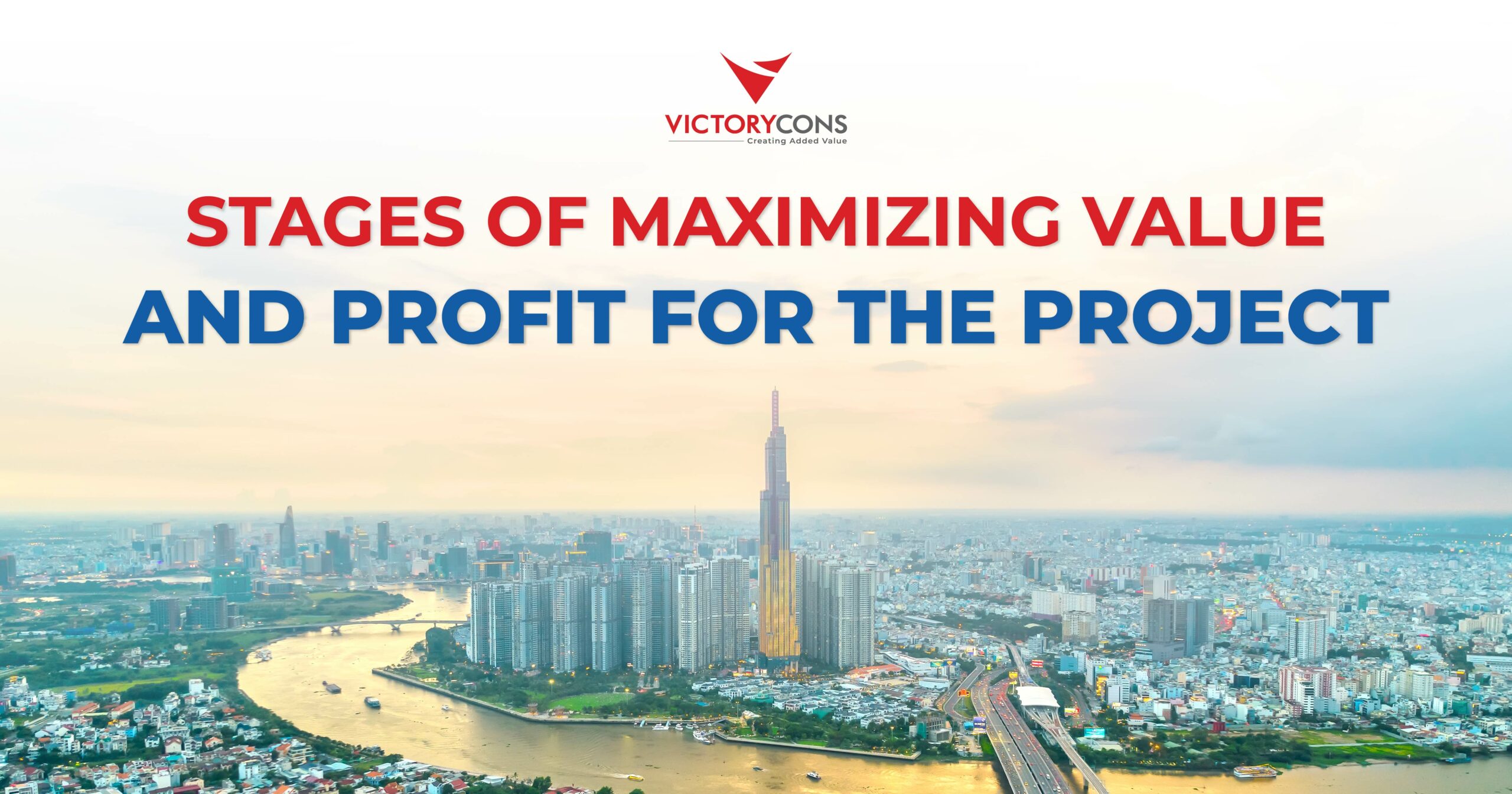1.
What is Commercial Housing?
According to Article 2 of the Housing Law 2023, commercial housing is defined as types of housing that are invested in and constructed for the purpose of selling, lease-purchasing, or renting based on market mechanisms.
This means that commercial housing is developed for commercialization, generating revenue for investors through sales or rental activities. Unlike social housing or official residence housing (which is built to accommodate specific groups as regulated by the government), commercial housing is intended to meet the demands of individuals and the free real estate market.
Commercial housing projects vary in scale and type, ranging from high-end apartment buildings to townhouse and villa developments. A defining characteristic of this housing type is its clear commercial purpose, enabling investors to generate profits through sales and leasing activities.
2. Eligible Entities for Developing Commercial Housing Projects
According to Article 57 of the Housing Law 2023 and Decree 95/2024/NĐ-CP, both individuals and organizations have the right to invest in commercial housing development. However, the scope and scale of development for individuals are strictly regulated to align with their financial capacity and legal requirements. Specifically:
- Individuals are only permitted to develop commercial housing on a small scale, such as:
- For individual housing units, an individual may conduct up to 10 sales transactions per year.
- For housing projects with two or more floors, the maximum scale must not exceed 20 units.
These individuals typically engage in small-scale investments, such as family-owned projects or small business ventures. For larger-scale developments, commercial housing projects must be carried out by organizations with legal real estate business functions as required by law.
Organizations such as enterprises, cooperatives, or foreign-invested companies must meet stringent legal conditions to develop commercial housing projects, including:
-
Mandatory Requirements:
- Must have a real estate business function as per legal regulations. This ensures that the organization has the legal capacity to participate in the real estate market.
-
Additional Requirements:
- Ensure a minimum equity capital for project execution. According to the Real Estate Business Law, equity capital must be at least 20% of the total investment capital. For example, a project with a total investment of 1,000 billion VND must have a minimum equity capital of 200 billion VND.
- Have legal land use rights, including residential land or mixed-use land.
- Demonstrate expertise and experience in project development. This is a new requirement in the Housing Law 2023, requiring investors to prove their financial capacity and project development experience.
These regulations aim to ensure that commercial housing projects not only meet market demand but also comply with legal procedures and protect the interests of all stakeholders.
3. Five Common Methods for Developing Commercial Housing Projects
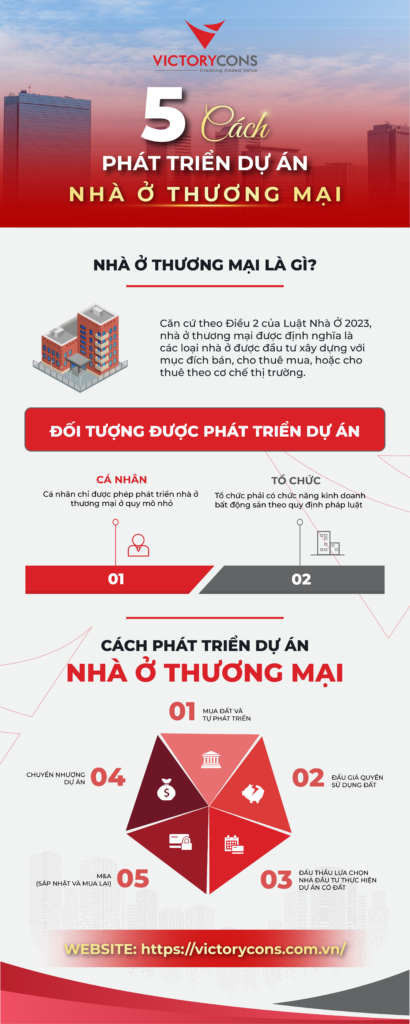
Developing commercial housing projects is a popular investment strategy in the real estate sector, with various approaches depending on the project scale and the investor’s financial capability. Below are the five most common methods:
3.1 Purchasing Land and Self-Developing the Project
In this approach, investors purchase land with legal usage rights and independently handle the entire development process, including planning, obtaining construction permits, executing construction, and selling or leasing the property. The key factor here is ensuring that the purchased land complies with local planning regulations and legal requirements before proceeding with the project.
3.2. Bidding for Land Use Rights
The government often organizes public auctions for land use rights. These auctioned land parcels usually have already undergone legal procedures such as compensation settlements, planning approvals, and land use fee payments. Once investors secure land through the auction, they can swiftly proceed with project development without legal complications.
3.3. Competitive Bidding for Investment Projects with Land Use Rights
The government initiates land-use investment projects and conducts competitive bidding to select a qualified investor. The winning investor is responsible for completing compensation procedures, land use fee payments, and detailed planning before implementing the project. This method is commonly applied to large-scale projects pre-planned by the government.
3.4. Project Acquisition (Transfer of Project Ownership)
This method involves investors negotiating to acquire real estate projects that have already received approval or are under development from another investor. Once acquired, the new investor can continue the project without starting from scratch, significantly saving time and resources. However, such transfers must be approved by the Provincial People’s Committee and comply with the Real Estate Business Law.
3.5. Mergers & Acquisitions (M&A)
M&A is a strategy often used by foreign investors to acquire companies that own real estate projects. After acquiring a company, the investor continues developing the project under the new legal entity, eliminating the need to restart legal processes. This method accelerates project implementation and significantly reduces the time required compared to other approaches.
These methods provide investors with diverse options, from fully self-developing a project to acquiring pre-developed projects, optimizing costs, and shortening project timelines.
4. Analysis of Advantages and Disadvantages of Each Method
| STT | Commercial Housing Development Method | Advantages | Disadvantages |
| 1 | Purchasing Land and Self-Developing | Full risk management as the investor handles the project from the beginning. Ability to choose projects that align with business objectives. | Long project timelines due to the need to complete all legal steps from scratch. |
| 2 | Bidding for Land Use Rights | Faster project implementation as legal processes like compensation, land use fees, and planning are already completed by the government. Clean legal status with government support. | Requires strong financial capacity and connections to compete successfully in the bidding process. |
| 3 | Competitive Bidding for Investment Projects | Lower project cost; potential to own large-scale projects without heavy initial investment. | Lower project cost; potential to own large-scale projects without heavy initial investment. |
| 4 | Project Acquisition (Ownership Transfer) | Inherits pre-approved legal status except for the construction permit, which must be reissued under the new investor’s name. Faster project execution since legal steps are already completed. | Requires Provincial People’s Committee approval. Must have expert teams for project assessment; misjudgment can lead to major financial losses. |
| 5 | Mergers & Acquisitions (M&A) | Accelerated project execution by inheriting full legal status. Preferred by foreign investors for real estate projects in Vietnam. | Requires expert M&A and risk management teams; errors in assessment can lead to significant financial losses. |
Conclusion
Developing commercial housing projects requires not only specialized real estate knowledge but also a clear understanding of the legal framework and financial capabilities. Each method has its advantages and disadvantages, and investors must carefully consider legal compliance, risk management, and strategic planning before choosing the appropriate approach.
To ensure successful commercial housing project development, seeking professional consultation is essential. VictoryCons, with extensive experience and deep expertise in project development, is ready to assist you in choosing the most effective development method, managing risks, and ensuring legal compliance.
Contact VictoryCons today for expert project development consultation and tailored solutions for your investment.
📩Email:info@victorycons.com.vn
📞 Hotline: 0283.840.5555
📞 Warranty & Maintenance Department: 0283.840.6666
📞 Sales Department: 098.488.5581

Với hơn 15 năm kinh nghiệm trong quản lý và triển khai các dự án xây dựng quy mô lớn, ông đã từng đảm nhận nhiều vị trí lãnh đạo chủ chốt như Trưởng Ban Quản lý Dự án, Giám đốc Điều hành, và Phó Tổng Giám đốc Phát triển Dự án tại Tập đoàn Đất Xanh. Kể từ khi gia nhập VictoryCons, Ông đã có những đóng góp xuất sắc và mang tính chiến lược để giúp công ty đạt được nhiều thành tựu vượt bậc.
New strategy, new team – VictoryCons lays the foundation for success in 2025
The Most Comprehensive Legal Framework for High-Rise Real Estate Projects
Construction Progress of Cara River Park – January 2025
The Stages That Maximize Value and Profit for a Project
